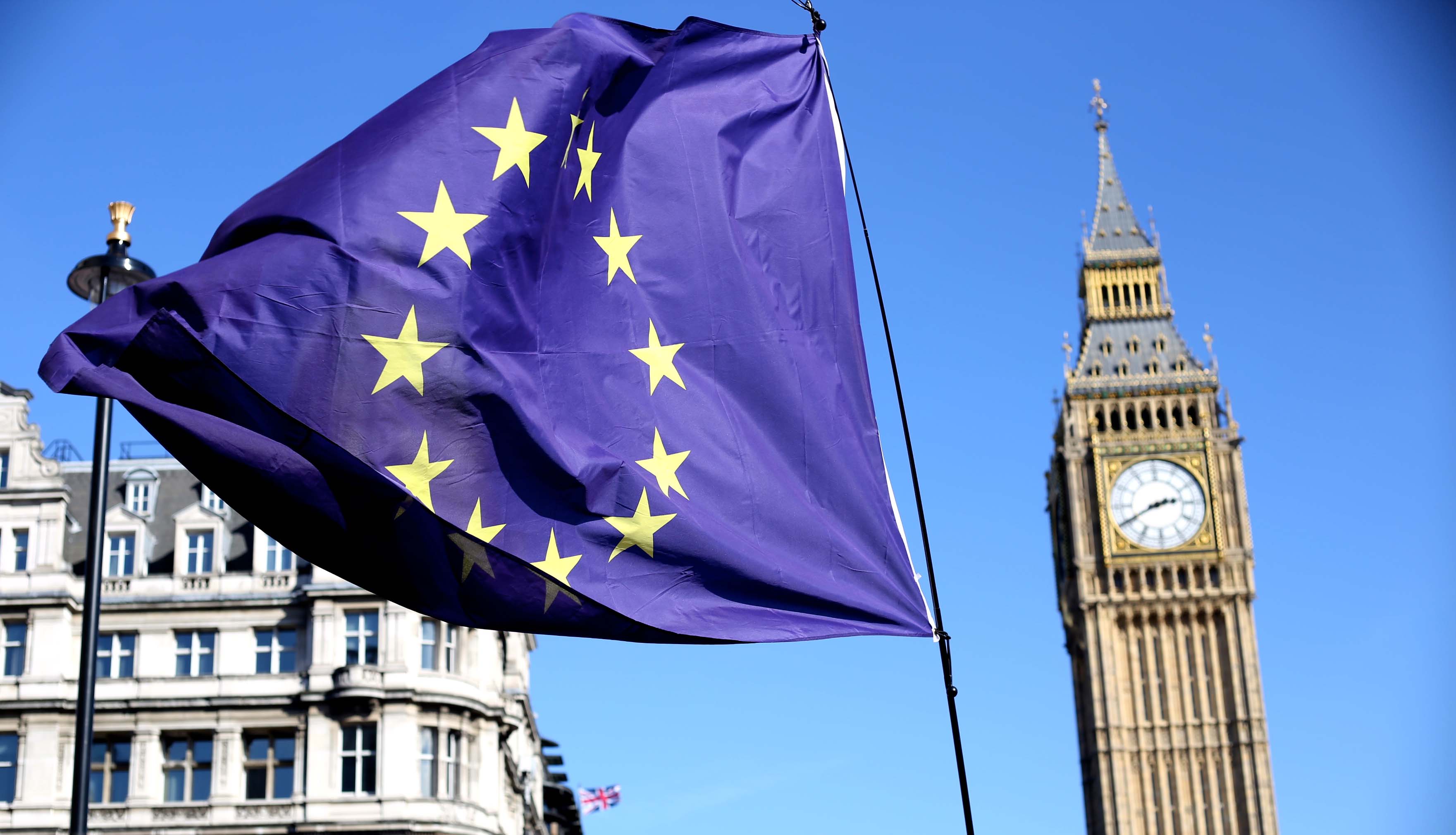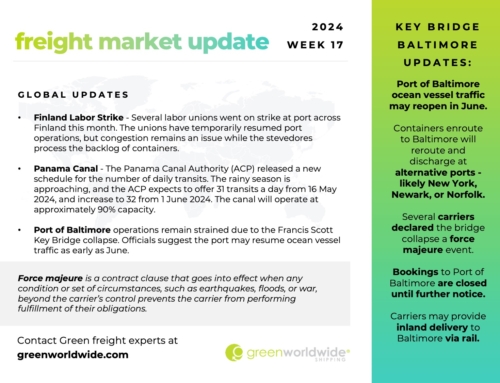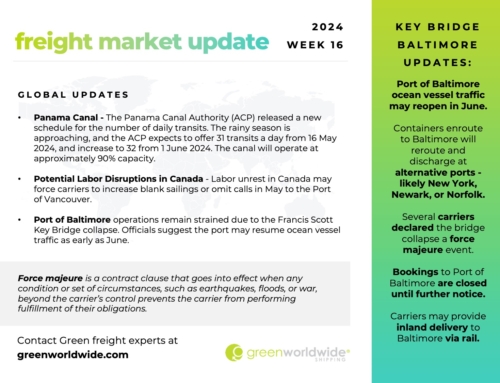As the January 21st deadline for Prime Minister, Theresa May, to send a completed Brexit deal to Parliament marches closer, shippers are tensely bracing their supply chains and clamoring for guidance before the March 29th official UK exit from the European Union.
JANUARY 21, 2019: PARLIAMENTARY DEAL DEADLINE
MARCH 29, 2019: UK OFFICIAL EXIT FROM THE EU
MARCH 29, 2019 TO DECEMBER 31, 2020: TRANSITION PERIOD
The concern is warranted as the UK government has yet to publish a full-draft outline of post-Brexit impact, choosing instead to issue over 100 separate notices on how to prepare for Brexit in the case of a ‘no deal’ scenario. Negotiators from London and Brussels have been diligently working to secure an agreement, but a lack of direction has supply chain managers already taking bold actions to reduce anticipated long-term transition delays, even if a deal is reached. UK traders fear that regardless of the details, cargo moving during the transition period, March 29, 2019 to December 31, 2020, will likely face some form of backlog or delays as the introduction of a Customs Declaration Service and new rules for multi-mode, cross-trade deliveries are streamlined. At the Port of Dover, for example, a two-minute delay can easily result in a 17-mile bottleneck for drivers.
SHIPPERS COULD EXPECT:
- Delayed Customs clearance at borders;
- Reduced trucking capacity labor pool;
- Compounded delays from Chinese New Year;
- Increased logistics price hikes;
- Exchange rate considerations;
- Material shortages;
UK-trading businesses, however, aren’t losing hope yet. Most have already begun mitigating the risk of supply chain disruption by stockpiling goods in UK-based warehousing; the same strategy U.S. shippers have been turned to in order to avoid their own upcoming trade stand-off with China.
Currently, the UK participates in about 40 free trade agreements, as a member of the European Union. Upon “Brexit,” shippers will have to evaluate each new, independent bilateral trade agreement, or lack of agreement in the case of a ‘no deal’ scenario, and the impact of both scenarios to their business.
SHIPPER STRATEGIES FOR BREXIT:
- Boosting additional inventory stockpiles in UK;
- Considering short-term, alternative sourcing;
- Evaluate 2019 logistics contracts; especially for BCOs;
- Re-evaluate terms of sale (incoterms);
- Bring in local freight experts & Customs brokers to assist with new regulatory registration (as economic operator) and compliant tariff classification.
In need of a strong Brexit partnership? Contact Green Worldwide Shipping and secure your supply chain. Let’s talk strategy and start moving freight forward.
As Green continues to monitor the situation, stay up-to-date on freight news by following us on Facebook, Twitter, and LinkedIn. For continuous updates, make sure to check out our website at greenworldwide.com.






